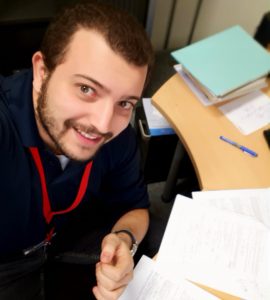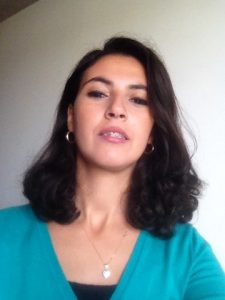Talk 1
 Speaker
Speaker
Walid Djema (BIOCORE)
Title
Understanding some biological phenomena from control and mathematical biology standpoints: analysis aspects of cell population dynamics and optimisation of stains selection in photobioreactors.
Abstract
In the first part of this talk, we introduce some interesting biological mechanisms, like hematopoiesis, which is the process of blood cell formation and continuous replenishment of all hematopoietic cells. Our main objective is to show how can mathematical modeling and analysis tools be used in order to better understand some biological phenomena, including cancer. For that purpose, we revisit some models of the cell cycle and cell proliferation in living organisms. Next, we investigate some basic properties of the resulting models, including stability and stabilization features. In the second phase, we introduce an optimal control problem associated to a model of microalgae growth. Then, we illustrate the efficiency of optimization tools in order to control the biological system and select some microalgae stains according to some useful biological/ecological criteria.
Content:
Not available
Talk 2
Speaker
Keltoum Chahour (ACUMES)
Title
Blood flow simulation in stenosed coronary arteries: Fractional flow reserve computation.
Abstract
Blood flow simulation can provide an efficient tool to clinicians in the phase of diagnosis. Accurate characterization of the blood flow and pressure into the arteries helps to identify ischemia caused by stenosis, or to quantify the severity of a lesion through the fractional flow reserve (FFR) measure. In this view, we introduce the FFR and give a preliminary 2D results of the flow based on a Non-Newtonian model, carried with simplified geometries in a first approach. Next, we consider a patient-specific stenotic left coronary artery, extracted from a 2D angiography. In this case, adapted boundary conditions were prescribed. The values of the coronary pressure are used to estimate the fractional flow reserve (FFR) distal to the lesion.
Content:
https://phd-seminars-sam.inria.fr/files/2018/11/prez_seminar_chahour.pdf
